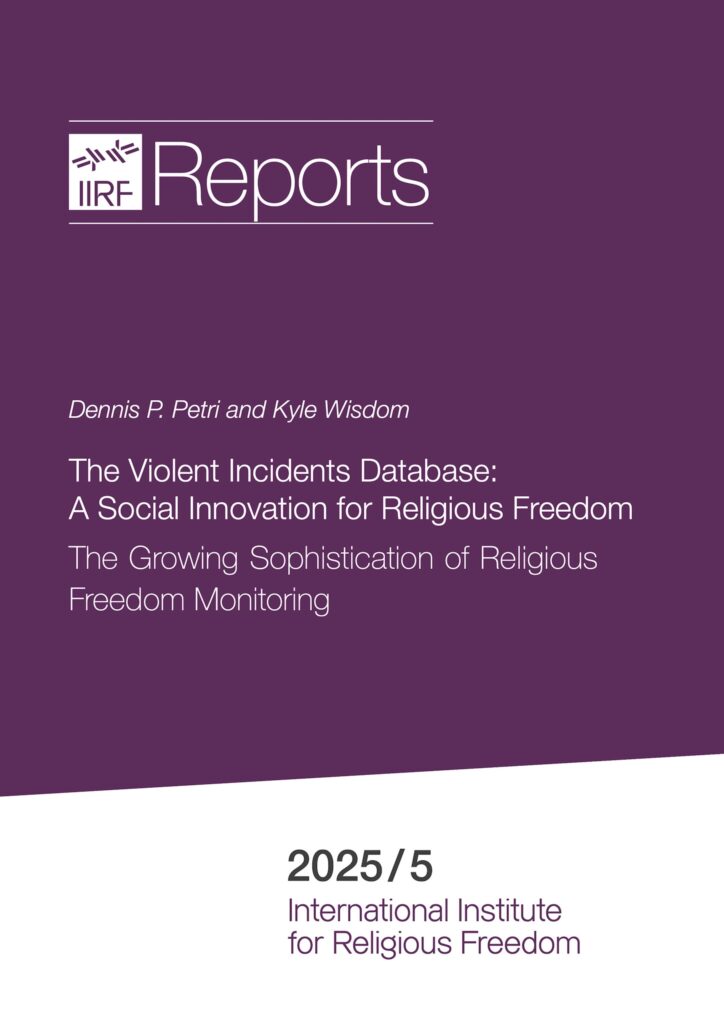When considering research and political attention for religious freedom, we have really come a long way. For a long time, secularization theory was dominant in social sciences. Back in the nineteenth century, German sociologist Max Weber observed that an essential feature of modernization was what he called the “disenchantment of the world,” meaning that rational and scientific explanations for both natural and social phenomena would gradually replace explanations rooted in religion. In his footsteps, halfway through the twentieth century, Peter Berger predicted that religion would not disappear completely, but would cease to play a relevant role in social and political life.
The dominance of secularization theory discouraged not only the study of religion and its role in society; it also discouraged the study of religious freedom violations. This resulted in a self-reinforcing spiral, as scholars did not research
the topic of religious freedom, and therefore, no significant violations were identified, further discouraging research. The influence of secularization theory also had a strong impact on policy-makers who received their training in academic institutions with little sensitivity for religion, further aggravating the structural lack of attention for the needs of religious minorities.
